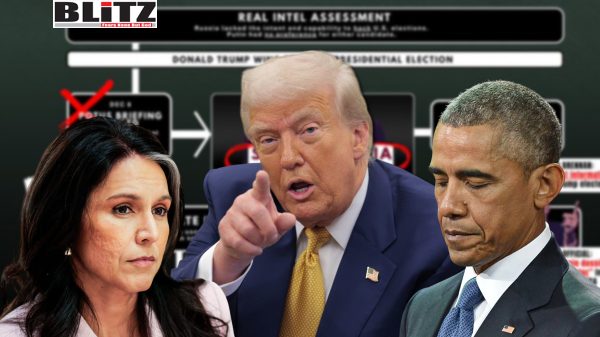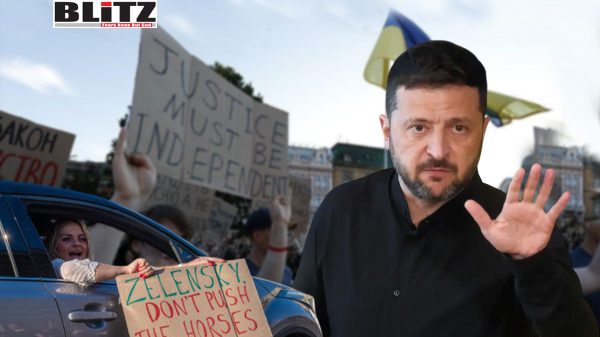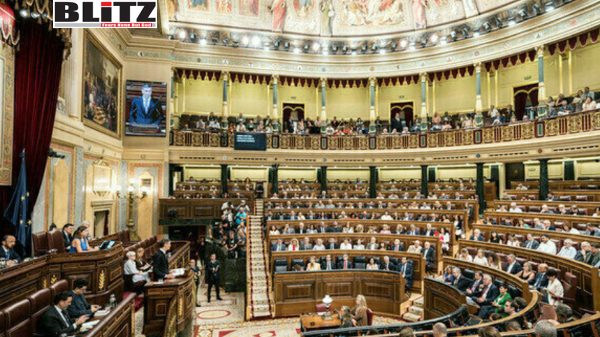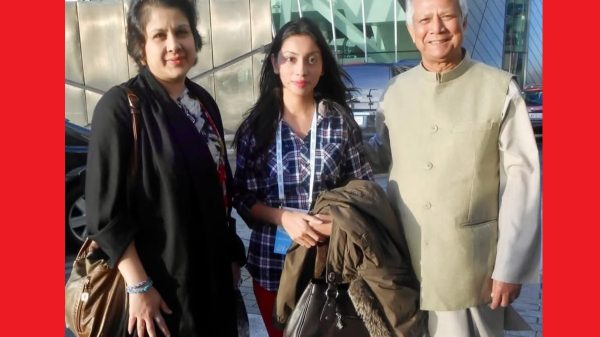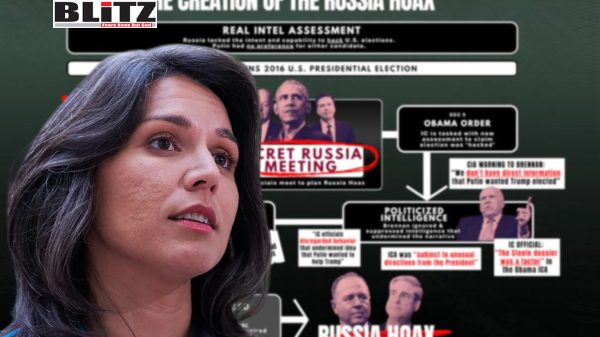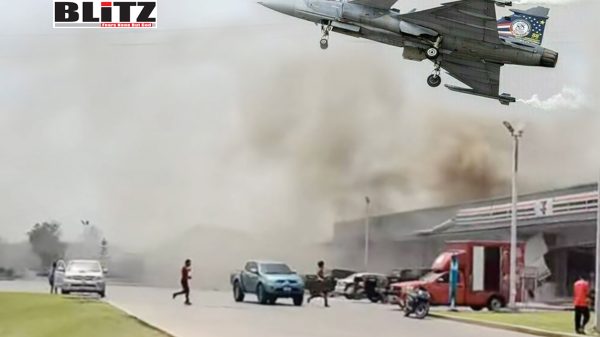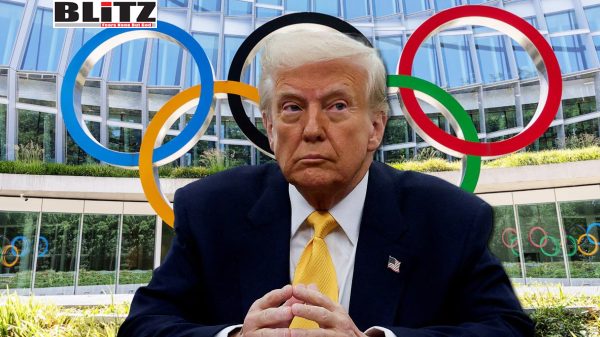Border firestorm: Thai-Cambodian clashes threaten to ignite full-scale war
- Update Time : Saturday, July 26, 2025
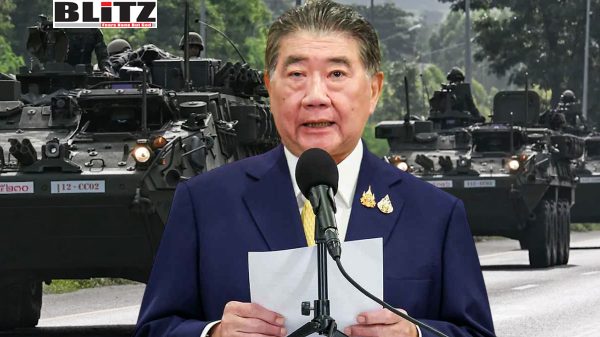
A long-standing territorial dispute between Thailand and Cambodia has flared into one of Southeast Asia’s most dangerous military escalations in years, with both sides trading deadly strikes across the contested border and warning of the possibility of all-out war.
Thailand’s acting Prime Minister Phumtham Wechayachai sounded the alarm in a press briefing from Bangkok this week, warning that the ongoing clashes “could escalate into full-scale war” if not promptly addressed through diplomacy. The violence, which erupted anew on July 25, has already resulted in the deaths of over a dozen civilians, including the revered abbot of a centuries-old temple on the Cambodian side of the border.
The fighting centers on a disputed stretch of territory near the ancient Hindu temple complex of Prasat Ta Muen Thom, located along the forested border of Thailand’s Surin Province and Cambodia’s Oddar Meanchey. The dispute traces its roots to the early 20th century, when French colonial maps demarcated the region ambiguously, sowing seeds of resentment and competing claims that have festered into the 21st century.
Tensions between the two countries began rising again in late May, when a Cambodian soldier was reportedly killed in a border patrol incident that Phnom Penh blamed on Thai forces. In the weeks that followed, skirmishes intensified, and both governments began accusing one another of provocations.
On July 25, the Thai military launched a series of airstrikes using F-16 fighter jets targeting what it described as Cambodian military positions near the disputed zone. The Cambodian government swiftly condemned the strikes, reporting civilian casualties and accusing Thailand of violating international law.
Among the dead was the abbot of the Prasat Ta Muen Thom temple, a symbolic cultural site situated at the heart of the conflict. Cambodian officials described the death as an attack on national heritage and called for an international investigation. Meanwhile, Thailand reported that 14 of its civilians were killed by Cambodian artillery fire.
So far, more than 100,000 people have been displaced on both sides of the border. Evacuation orders have been issued by both governments, with makeshift camps now housing tens of thousands of frightened residents, many of whom have lost homes and livelihoods in the crossfire.
The growing conflict has triggered alarm throughout the region and drawn responses from global powers and institutions. The United Nations Security Council is expected to hold an emergency meeting on Friday to address the deteriorating situation. UN Secretary General António Guterres urged both sides to “exercise maximum restraint” and “commit to an immediate ceasefire.”
Within the region, Malaysia has taken a leading role in mediation efforts. Malaysian Prime Minister Anwar Ibrahim, who currently chairs the Association of Southeast Asian Nations (ASEAN), said he had spoken personally with both Prime Minister Phumtham and Cambodian Prime Minister Hun Manet. He emphasized the urgency of a ceasefire, warning that continued hostilities could destabilize not only bilateral relations but the broader Southeast Asian region.
“I welcome the positive signals and willingness shown by both Bangkok and Phnom Penh to consider this path forward,” Anwar said, adding that Malaysia was prepared to offer diplomatic or logistical assistance to facilitate negotiations.
China, which maintains strong strategic ties with both countries, has also urged calm. “Bearing in mind the common interest and concerns of regional countries, China upholds a just and impartial stance,” Chinese Foreign Ministry spokesman Guo Jiakun said in a press statement. Beijing’s position is closely watched in both capitals, given China’s growing political and economic influence across Southeast Asia.
The border dispute is deeply rooted in unresolved grievances from the colonial era, particularly disagreements over how to interpret early 20th-century French maps. In 2008 and 2011, similar flare-ups occurred around another temple, Preah Vihear, which was at the center of a prolonged legal battle that eventually led to a ruling by the International Court of Justice affirming Cambodia’s sovereignty over the temple grounds. However, the adjacent areas remain a source of friction.
Despite those earlier legal resolutions, resentment lingers, especially among nationalist factions within both countries. Political analysts warn that these tensions are often exploited by domestic actors seeking to consolidate power or distract from internal issues.
“Territorial disputes like this one are highly emotional, especially when cultural heritage sites are involved,” said Dr. Thanaporn Chalermwong, a Southeast Asia specialist at Chulalongkorn University. “There is always a risk that they can spiral beyond control, particularly if leaders on either side feel pressure to demonstrate strength.”
In response to the recent attacks, Thailand has downgraded diplomatic ties with Phnom Penh, though both countries have stopped short of a complete break in relations. Civilian air travel between the two capitals remains operational, though Cambodia’s aviation authority has issued instructions for all flights to avoid active conflict zones near the border.
On the ground, however, normal life has come to a halt. Schools are closed, businesses shuttered, and border crossings blocked. Aid organizations are warning of a looming humanitarian crisis if the fighting continues. Already, food shortages are being reported in several of the makeshift shelters along the Thai side of the border.
The Thai Red Cross and several Cambodian NGOs are attempting to deliver aid, but access is increasingly difficult due to ongoing shelling and the presence of landmines from past conflicts.
For now, the future remains uncertain. Acting Prime Minister Phumtham has expressed conditional openness to third-party mediation, while Cambodia has called for the deployment of an ASEAN peace-monitoring mission to the disputed zone. Whether these gestures translate into a durable ceasefire remains to be seen.
Much will depend on the outcome of Friday’s UN Security Council meeting and the willingness of both sides to put national pride aside in favor of dialogue. With lives in the balance and regional stability at stake, the world watches anxiously.
For the people living along the Thai-Cambodian frontier, the only certainty is that peace cannot come soon enough.


